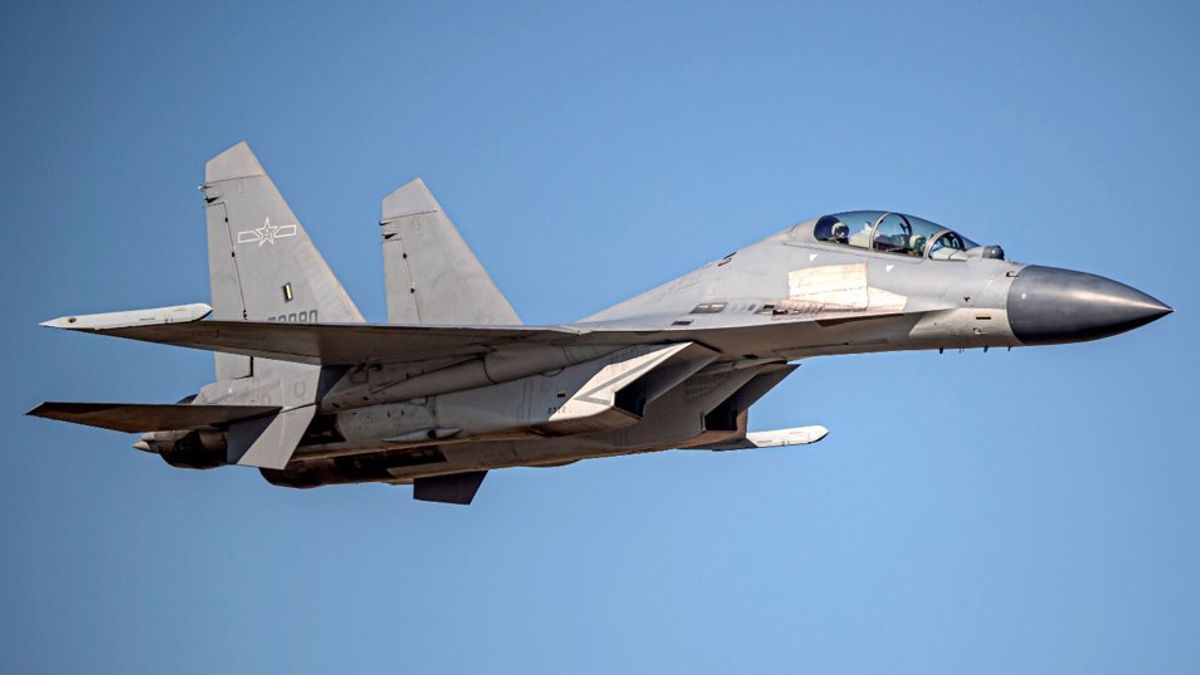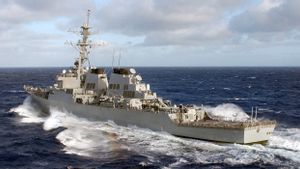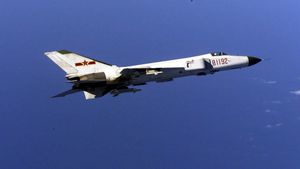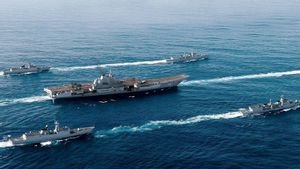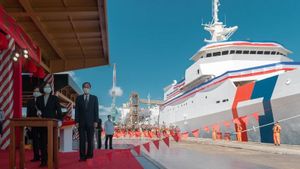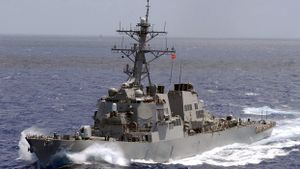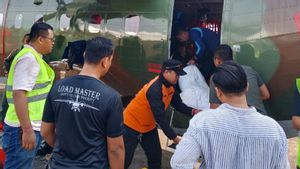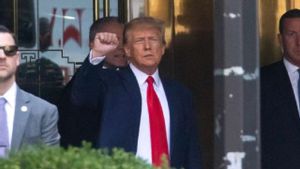JAKARTA - A total of 28 Chinese military aircraft of various types, including nuclear-capable fighters and bombers, entered Taiwan's air defense identification zone (ADIZ) on Tuesday, June 15 local time.
Taiwanese authorities said the incident that occurred today was the largest in recent times.
Although there was no immediate comment from Beijing, the news comes after the leaders of the Group of Seven (G7) issued a joint statement on Sunday, highlighting China over a range of issues and underscoring the importance of peace and stability in the Taiwan Strait, along with the spotlight on Xinjiang and Hong Kong.
"The latest Chinese mission involved 14 fighter jets J-16 and six J-11, as well as four H-6 bombers that can carry nuclear weapons, and anti-submarine warfare, electronic warfare and early warning aircraft", said Taiwan's Ministry of Defense, as reported by Reuters Tuesday, June 15.
It was the biggest daily attack since the defense ministry began regularly reporting on Chinese Air Force activity at Taiwan's ADIZ last year, breaking the previous record of 25 aircraft reported on April 12.
The defense ministry added that Taiwanese warplanes were sent to intercept and warn Chinese aircraft, while missile systems were also deployed to monitor them.
Not only did Chinese warplanes fly in the area close to the Pratas Islands, but bombers and several warplanes flew around the southern part of Taiwan close to the lower end of the island, according to maps provided by the ministry.
China's Ministry of Defense did not respond to a request for comment. Meanwhile, China has always portrayed such a mission as necessary to protect the country's sovereignty and deal with collusion between Taipei and Washington.
Chinese-claimed Taiwan complains of repeated missions by Chinese military aircraft to approach its airspace, which is concentrated in the southwest part of its air defense zone near the Taiwan-controlled Pratas Islands.
China itself describes Taiwan as its most sensitive territorial issue and a red line that the United States should not cross. He never abandoned the possibility of using force to ensure the unification of the region.
SEE ALSO:
Meanwhile, the United States, which like most countries does not have formal diplomatic relations with Taiwan, has watched warily as tensions escalate with Beijing over the island nation.
The English, Chinese, Japanese, Arabic, and French versions are automatically generated by the AI. So there may still be inaccuracies in translating, please always see Indonesian as our main language. (system supported by DigitalSiber.id)
